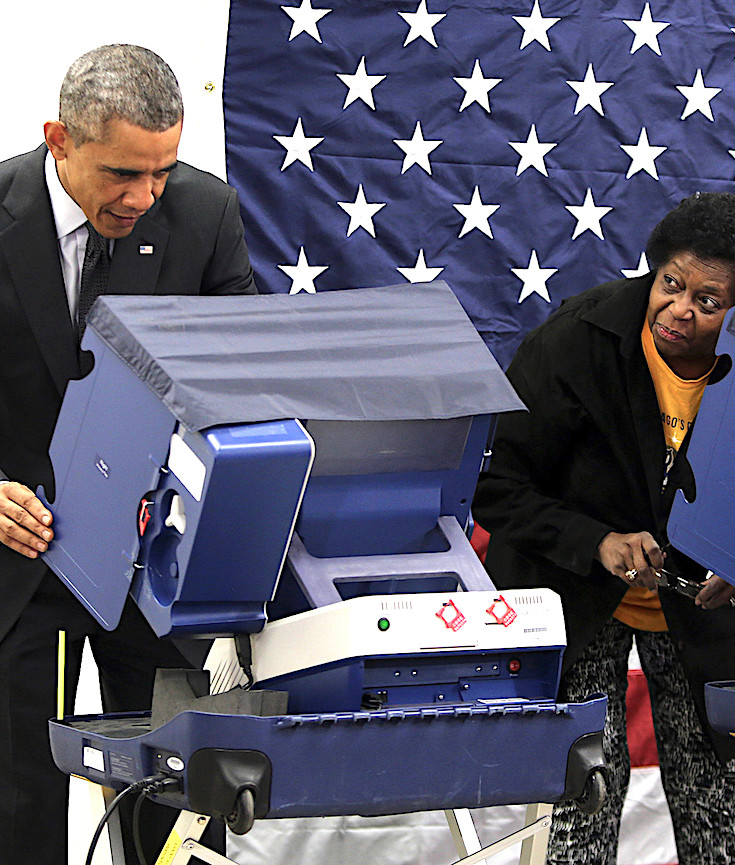When YouGov asked later “Who would you prefer to have the final say in your state when it comes to drawing the boundaries of congressional districts and deciding which areas are in which district?” far fewer Black voters were “not sure” (47 percent) compared to whites (40 percent).
Only Latinos (52 percent) outpaced other demographic groups in terms of lack of knowledge on the infamous, but very innocuous process of redistricting.
Redistricting, when it does come up in the post-mortem on elections, is arguably one of the least understood terms in American politics due to the level of its sophistication. But its devastating impact on diluting the influence of the Black vote – which typically leans Democrat – is an earnest topic of discussion among Black politicians and policy makers.
[mc4wp_form id=”6042″]



 Photo | Antonio Perez/Chicago Tribune
Photo | Antonio Perez/Chicago Tribune
The Voting Rights Act of 1965 is a landmark piece of federal legislation in the United States that prohibits racial discrimination in voting. It was signed into law by President Lyndon B. Johnson during the height of the Civil Rights Movement on August 6, 1965, and Congress later amended the Act five times to expand its protections. Designed to enforce the voting rights guaranteed by the Fourteenth and Fifteenth Amendments to the United States Constitution, the Act secured voting rights for racial minorities throughout the country, especially in the South. According to the U.S. Department of Justice, the Act is considered to be the most effective piece of civil rights legislation ever enacted in the country.
The Act contains numerous provisions that regulate election administration. The Act’s “general provisions” provide nationwide protections for voting rights. Section 2 is a general provision that prohibits every state and local government from imposing any voting law that results in discrimination against racial or language minorities. Other general provisions specifically outlaw literacy tests and similar devices that were historically used to disenfranchise racial minorities.
The Act also contains “special provisions” that apply to only certain jurisdictions. A core special provision is the Section 5 preclearance requirement, which prohibits certain jurisdictions from implementing any change affecting voting without receiving preapproval from the U.S. Attorney General or the U.S. District Court for D.C. that the change does not discriminate against protected minorities. Another special provision requires jurisdictions containing significant language minority populations to provide bilingual ballots and other election materials. (Wikipedia)


You must be logged in to post a comment.